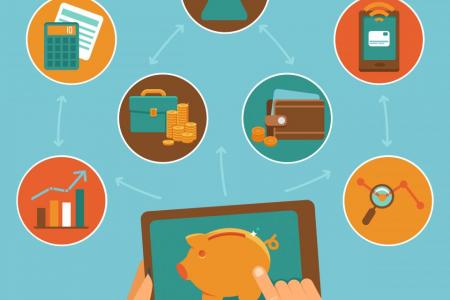4 Common Credit Myths You Shouldn’t Believe
Your credit score and your credit report have major implications on your ability to buy a home or land your dream job. Unfortunately, there are some credit myths you may have heard that could be negatively impacting your credit.
Common Credit Myths
- Having a credit card balance is good - This is perhaps the most dangerous credit myth, as it leads some people to believe they have to always owe credit card companies to be in good standing. In fact, carrying little or no balance is beneficial for your credit score. Not using your entire credit limit is a positive signal to creditors that you are more likely to pay back your debt than someone using all or most of their credit limit.
- An inquiry will hurt your credit score - While it's true that applying for new credit cards can impact your credit score, the effects are typically minimal. However, you should avoid applying for several credit accounts in a short amount of time, especially if you plan on making a large purchase soon after such as a home or new car. Multiple credit inquiries in a short timeframe can send negative signals that could decrease your credit score which directly impacts your interest rate on installment loans.
- You only have one credit score - Actually, you have three credit scores from each of the three credit reporting bureaus – Experian, TransUnion, and Equifax. The scores from each can vary slightly, and FICO combines all three to give you one credit score. Monitoring all three of your credit reports can ensure there's nothing negative that impacts your credit score.
- Closing credit cards will improve your credit score - This is a tricky one. If you have trouble managing your debt and are guilty of maxing out your credit cards, closing one of your accounts might be a good idea. If overspending isn't a problem for you though, keeping an extra card or two can actually help your credit score since credit bureaus like to see different types of active accounts, including credit cards, retail accounts and installment loans (mortgages, car loans, etc.).








